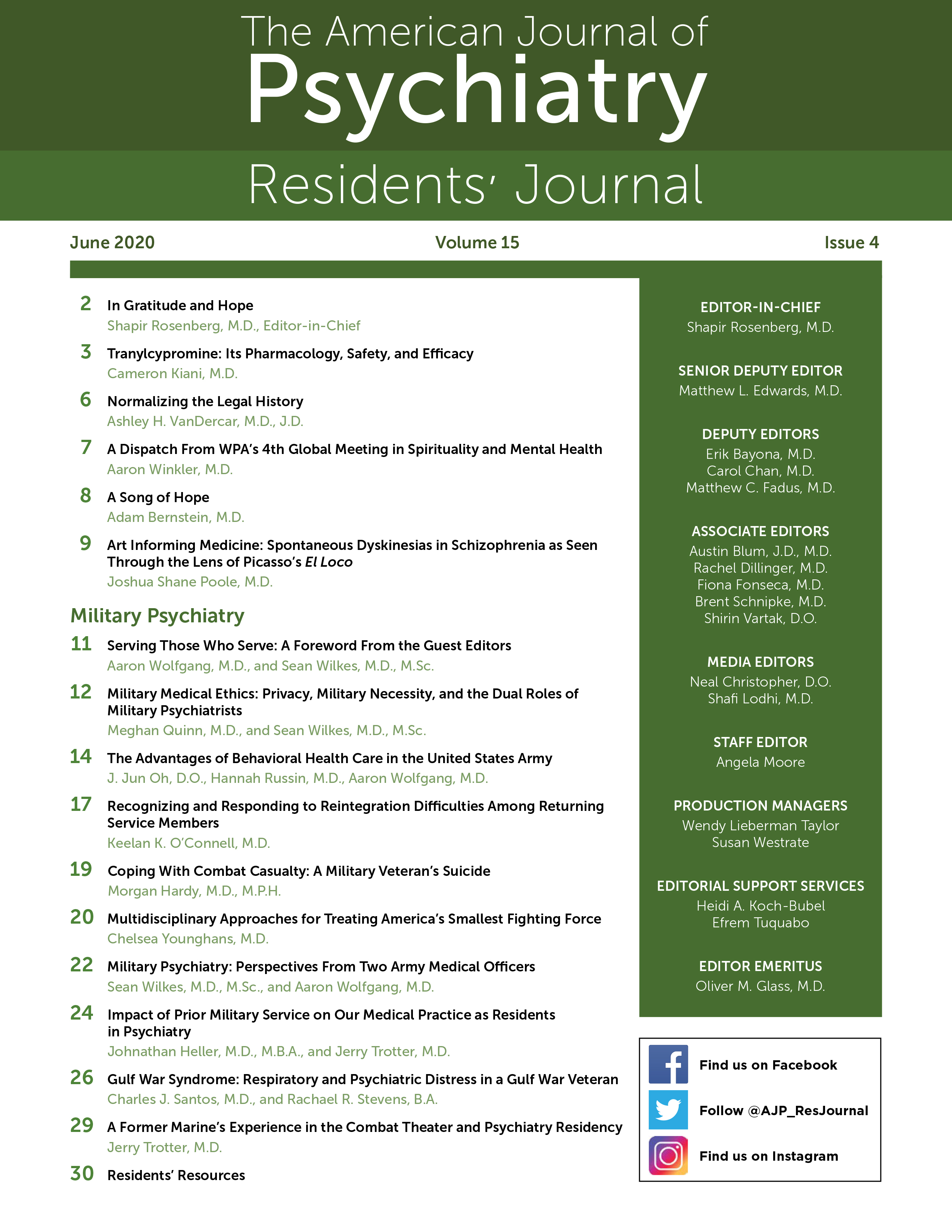In January 2003, my unit was deployed to Kuwait. I recall the time in Kuwait as awaiting possible notification of invasion, filled with drills and formations to prepare ourselves for what came next. What followed was a rapid series of progressive movements toward one target, Baghdad. My job was to operate communications equipment for an assault amphibian battalion carrying Marine infantry, a unit that typically assaults beaches.
That deployment was the culmination of several significant life events that had lasting effects on my perspective and career pursuits. I had the privilege of working with professionals, dedicated to the mission and each other. I lived with Marines who continuously and selflessly strived to complete our objective. There were no work hours, facilities, or amenities while deployed—life was hard, but we operated as a cohesive unit and looked out for each other. When we returned home, we felt salty, while others termed us "battle tested." What we had, though, was a bond of a shared experience none of us would or could forget. Describing our level of camaraderie at that time evades words, and the strength of many of these bonds continues. It is something "uniquely ours," shared only by the few who came before us and by those who were to follow in our footsteps—subject to the trials of war.
Around 2005–2006, I redeployed to Africa with many of the same Marines from Iraq. We had many affectionate terms for this deployment, which was in stark contrast to our first deployment in that it was a fixed, well-equipped position with amenities such as air conditioning, recreation facilities, fresh meals, showers, and even a cantina to have a beer and let off steam. Only after returning home from this deployment did I first recognize the Marines with repeated combat tours who evidenced the understandable wear of war. This was most prominent in Marines who had deployed to combat-heavy battles such as Fallujah and Ramadi, during the heights of insurgency. I noticed friends struggling with what I would later understand as posttraumatic stress disorder. At the time, I was just picking up a leadership hat as a corporal. As a Marine leader, you look after fellow Marines. I remember feeling frustrated and ill equipped to effectively help them. They shared how they struggled seeking help and how hard it was talking about their experiences with someone who "couldn't possibly ever understand … they had never been there … they had never seen that." I empathized, trying to validate their perceptions, while simultaneously encouraging them to seek mental health resources. Ultimately, what I quietly felt was "maybe I could help them in a different way," as I began considering a career in medicine.
Since then, I have started to pursue a career in psychiatry hoping to serve both while as a Navy medical officer and when I "drop my pack" in the future, when I will undoubtedly work with veterans in the community.
